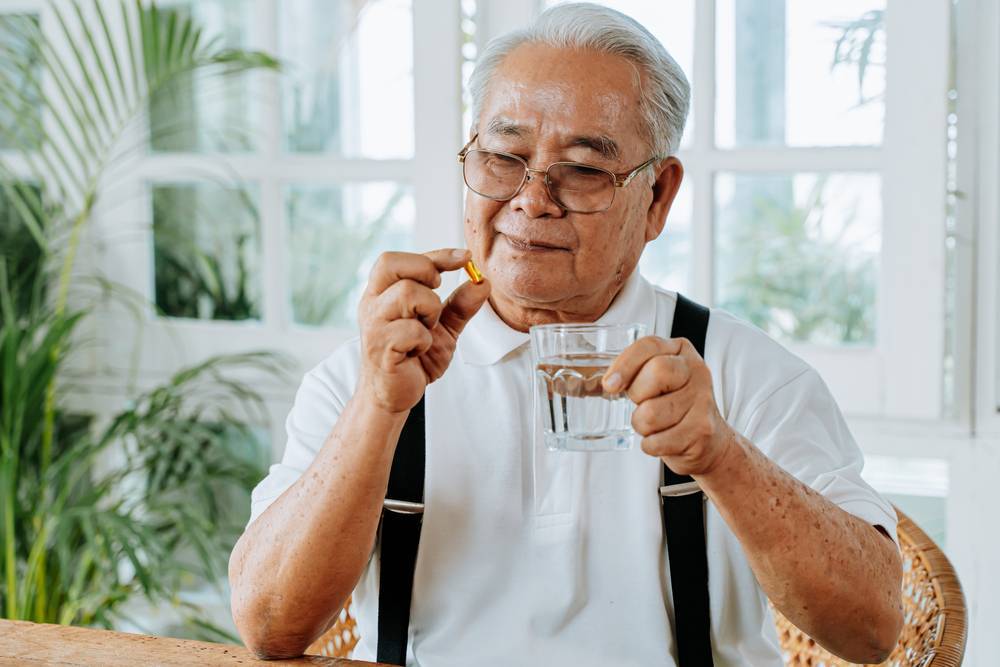Antimicrobial resistance (AMR) poses a significant threat to global healthcare and is projected to claim more lives than cancer by 2050. Singapore medical experts sound warning.
Singapore medical experts predict that by 2050, antimicrobial resistance (AMR) could be responsible for more deaths than cancer. This danger is more prevalent in low- to middle-income countries. One out of four deaths among seriously ill patients who have been in the intensive care unit (ICU) for five days or more has been caused by AMR during the Covid-19 pandemic.
According to Professor David Paterson from the NUS Saw Swee Hock School of Public Health, the problem also exists in rich countries but to a lesser extent. One of the main challenges is when carbapenems do not work. Carbapenems are strong antibiotics reserved for use in multi-drug-resistant bacterial infections. The result is a difficult situation, says Prof Paterson.
To combat AMR, the NUS Saw Swee Hock School of Public Health has created a new network called Advance-ID. At the moment, the network includes more than 60 hospitals from 15 countries. The network aims to become the “go-to” place when pharmaceutical companies want to test new antimicrobials and new diagnostic or preventive strategies.
Launch of Advance-ID
Advance-ID’s mission is to run “high-quality clinical trials that have a global impact on the management of infections”. Wellcome Trust, Britain’s charitable foundation, is supporting the network with over $10 million. Additionally, five schools have each donated $500,000, adding another $2.5 million. They are NUS Saw Swee Hock School of Public Health, NUS Yong Loo Lin School of Medicine, Duke-NUS Medical School, Lee Kong Chian School of Medicine at Nanyang Technological University, and the National Centre for Infectious Diseases
Carrying out clinical trials for new antibiotics or preventive strategies in Asia makes sense since almost half of the five million AMR deaths in 2019 were recorded in this region, stated Professor Paterson. Participating hospitals in the trials will have access to new drugs. At some hospitals in the new network, half of the bacterial infections in patients in the ICU are resistant to carbapenem.
The network will select two or three of a dozen potential drugs to test. The first multi-hospital trial will start later in 2023. Dr Timothy Jinks, head of infectious disease interventions at Wellcome Trust, emphasized the need to focus on people “most vulnerable to the impacts of infectious diseases”. He added that Wellcome Trust is focusing resources on sources of drivers of infectious disease.
Singapore’s director of medical services, Professor Kenneth Mak, gave the opening address at the symposium on Monday. He described AMR as “a slow-burn pandemic”. He added that its impact on healthcare systems and communities can be large. Pathogens resistant to the already limited antibiotic options available can lead to poorer patient outcomes and greater difficulty in treatment. Prof Mak said the Covid-19 pandemic has shown that infectious diseases “easily transcend borders in today’s highly connected world”.

